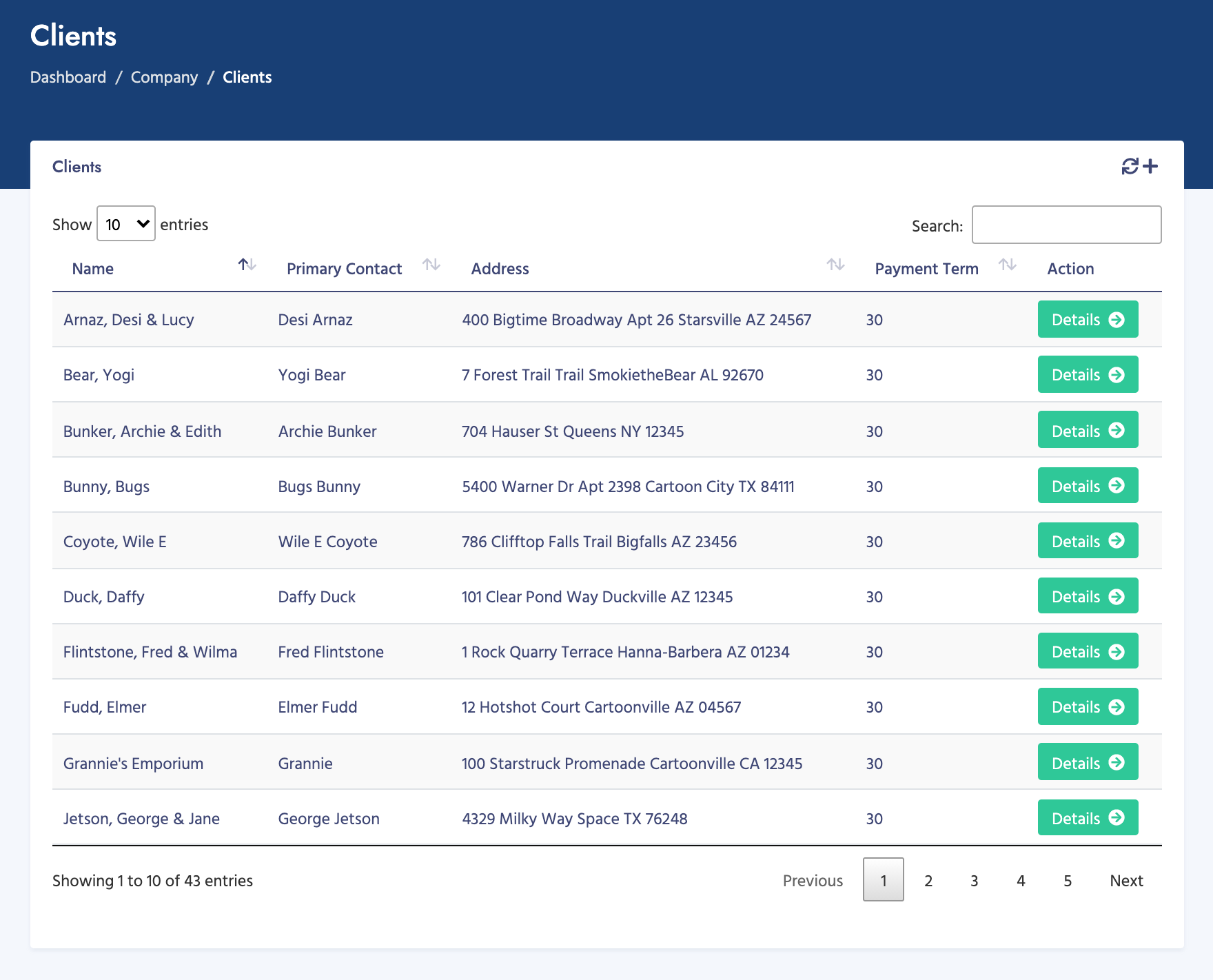From Chaos to Clarity: Practice Management Software Revolutionizing Healthcare
In the current present fast-paced healthcare environment, the complexity of managing patient care and office tasks has hit new heights. With rising patient demands and regulatory requirements, healthcare providers often find themselves juggling a variety of responsibilities. This is the point at which practice management software plays into play, acting as a key tool that transforms the chaotic landscape of healthcare into a more organized and efficient operation.
Practice management software is tailored to enhance the day-to-day functions of medical practices, from scheduling appointments and managing billing to tracking patient records and improving communication. By integrating these essential tasks into one cohesive platform, healthcare providers can focus more on what really matters: delivering high-quality care to their patients. This cutting-edge technology not only improves operational efficiency but also enhances the overall patient experience, leading to better outcomes and greater satisfaction.
Advantages of Practice Management Software
Practice management software immensely enhances the effectiveness of health services. By centralizing operational tasks such as appointment setting, billing, and patient records, it minimizes the time staff spend on these processes. medicloudmed optimizes workflow but also minimizes the risk for errors that can happen from human data entry. As a result, healthcare providers can concentrate more on patient care rather than administrative burdens.
Another significant prospect is enhanced patient experience. With practice management software, patients can easily book appointments, access their health records, and interact with their providers through secure portals. This level of accessibility fosters better patient involvement and compliance to treatment plans. Additionally, system-generated reminders for appointments reduce missed appointments, leading to more effective utilization of healthcare resources.
Lastly, practice management software provides insightful insights through data analysis. Healthcare providers can track key performance metrics, ensure adherence with regulations, and detect trends in patient care. By leveraging this data, practices can make informed decisions that enhance operational efficiency and improve overall patient outcomes. This analytical capability positions practices to adapt swiftly to the changing healthcare landscape, ensuring they remain competitive and effective in providing high-quality service.
Key Features to Consider
When selecting practice management systems, one of the most crucial features to review is the scheduling capability. A strong scheduling system allows healthcare providers to effectively manage appointments, minimize waiting times, and improve patient flow. Look for features such as automated reminders and the ability to accommodate changes in instantaneously, which can significantly enhance both staff effectiveness and patient happiness.
Another important aspect of practice management software is the billing and financial management tools. These features streamline billing processes, ensuring that claims are submitted accurately and on time. Additionally, seek software that provides detailed financial reporting and analytics, which can help practices spot revenue trends, oversee accounts receivable, and optimize their billing operations, ultimately boosting the financial health of the practice.
Lastly, consider the integration features of the practice management software. Effortless integration with electronic health records (EHRs), telehealth platforms, and other relevant tools is vital for ensuring comprehensive patient care. A software solution that can connect with various systems decreases data entry duplication and improves workflow efficiency, leading to enhanced patient outcomes and overall practice management.
Future Trends in Healthcare Technology
The incorporation of AI is poised to transform healthcare management systems, providing personalized solutions that boost patient care. AI can process extensive data to identify patient trends and streamline administrative tasks, allowing healthcare providers to concentrate more on direct patient interaction. As this technology evolves, practice management software will more and more incorporate data forecasting, leading to more intelligent decision-making and better outcomes.
Telehealth is set to become an integral part of PM systems, expanding availability while improving operational efficiency. This change allows healthcare providers to handle appointments, consultations, and follow-ups smoothly within a single software platform. By including telehealth functionality, PM software will support a more comprehensive approach to patient care, responding to the rising demand for remote services while maintaining continuity of care.
Ultimately, the emphasis on interoperability between various healthcare systems will improve the capabilities of PM software. As healthcare becomes more data-driven, the ability to share information across systems will be vital. Upcoming software solutions will highlight smooth connectivity with electronic health records and other healthcare technologies, ensuring that healthcare professionals have access to comprehensive patient information whenever needed, ultimately leading to better coordinated care.
